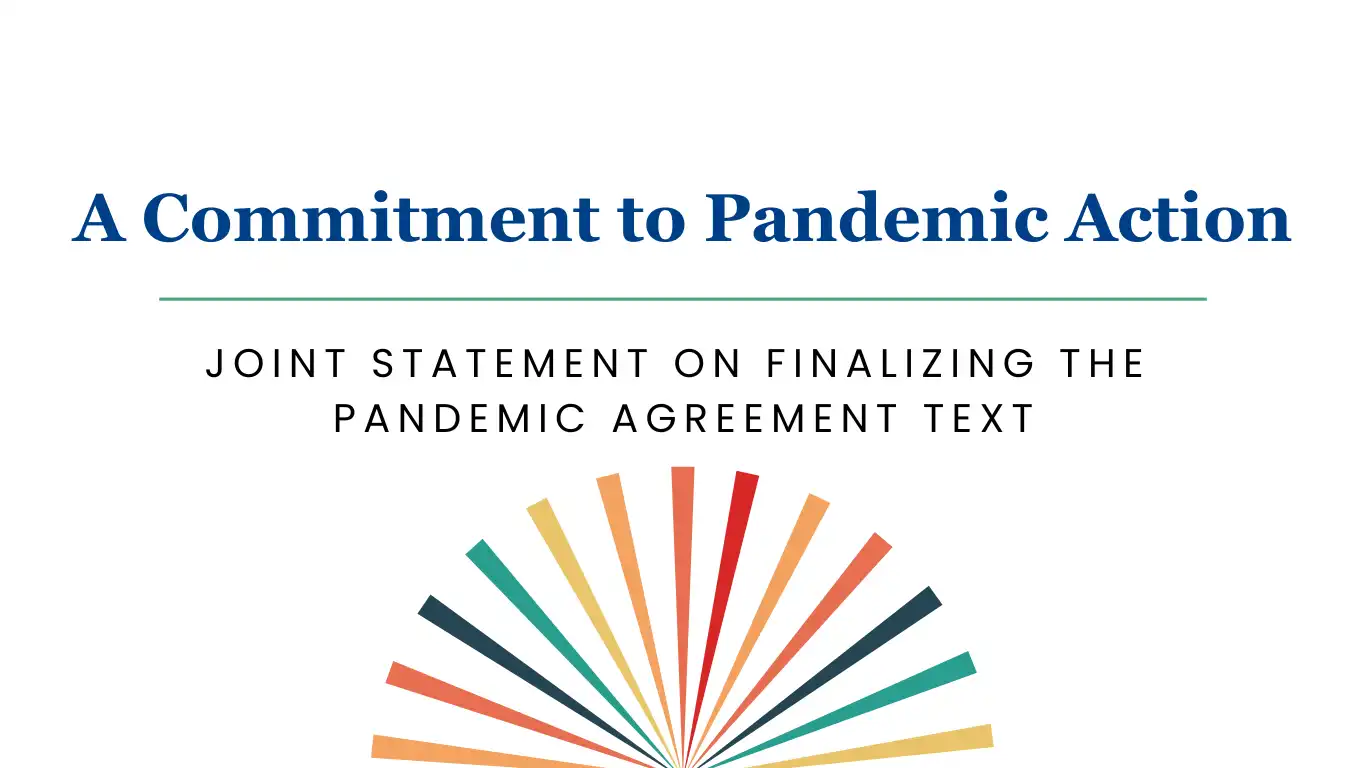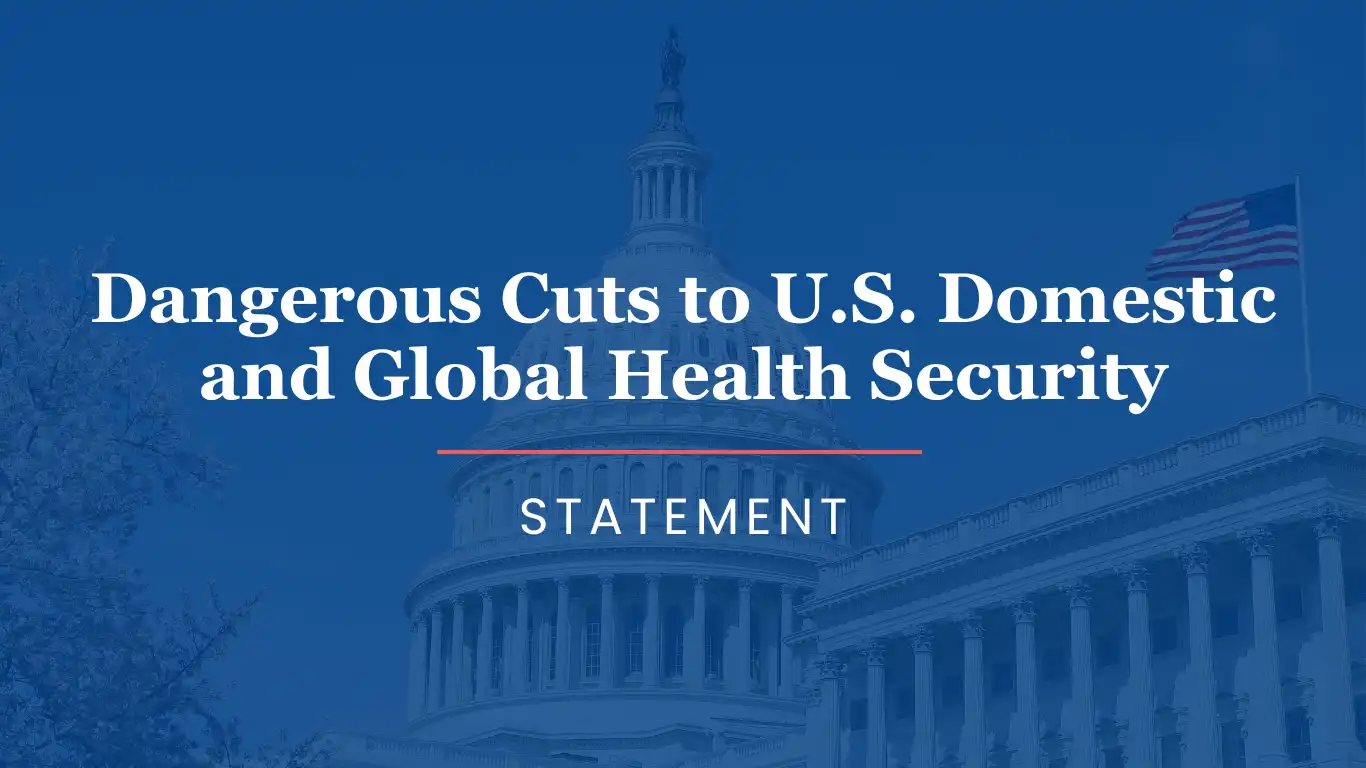The 100 Days Mission aims to have safe and effective pandemic countermeasures (PCM) developed within 100 days of an epidemic or pandemic threat being identified. But for this worthy effort to have globally transformative impact, it must prioritize equity and ensure access for all as part of its core principles and translate those principles into policies and action. Equity means committing to the absence of unfair, avoidable or remediable differences, among or within countries and between groups of people. In the 100 Days Mission, this means taking purposeful action to prioritize equity and access in the earliest stages of the R&D process, not just in manufacturing, distribution, and post-100 Days planning once the product has been developed. Without embedding equity in the end-to-end R&D process, the 100 Days Mission risks focusing on speed, and not the considerations required to ensure a novel medical countermeasure can be accessed, at the outset, by all as a global public good.
Accelerating the timeline for pandemic countermeasure development is vitally important for saving lives during an emergency. But speed alone will not stop novel disease threats from becoming the next pandemic. Equally important is taking action on what’s needed to make sure all people who need a countermeasure can quickly and efficiently access a novel product. Key considerations include prioritizing R&D for a global scope of priority pathogens, product profiles appropriate for low-resource settings, geographically diversified clinical trials, and downstream manufacturing, procurement, and distribution plans that simultaneously meet the needs of both high and low- and middle-income countries. Centering equity and access as a primary objective of the 100 Days Mission will transform it to 100 Days PLUS.
How could the G7 advance equity to deliver the 100 Days Mission PLUS?
Japan’s G7 Presidency in 2023 should propel joint action, partnerships, and financing that:
- Incentivizes products that work for all: Prioritizes domestic investments from G7 countries in pandemic R&D for development of technologies appropriate for both high-income and low-resource settings to reach the most vulnerable (ex. products that do not require cold chain, intravenous delivery, etc.).
- Partners to build LMIC capacity: Announces and funds research partnerships with low- and middle-income countries (LMICs) to promote shared learning and capacity-building, advance geographically-diversified clinical trials, and support regional R&D hubs and manufacturing.
- Supports global and regional pandemic R&D initiatives: Advances support for and new or expanded financing for the Coalition for Epidemic Preparedness Innovation’s (CEPI) 2.0, US$3.5 billion strategy, and regional priority setting initiatives, such as those led by Africa CDC.
- Opens up technology for all: Links government investments in pandemic R&D to access for all to resulting countermeasures as well as underlying technologies, including clear conditions on pricing and intellectual property, and commitment to knowledge transfer.
- Prioritizes funding for global epidemic and pandemic risks: Links government investments in pandemic R&D to highest priority threats globally, recognizing that a threat anywhere can quickly become a threat everywhere.
- Advances regulatory harmonization: Furthers regulatory strengthening and harmonization of approvals for pandemic countermeasures in interpandemic times and during emergencies.
Download the Equity in the 100 Days Mission — What and Why? one-pager.



